In today’s world, where looks and appearances matter more than ever, skincare has become an essential part of our daily routines. People across generations have always sought ways to maintain their skin’s health and radiance. From ancient civilizations to modern times, the history of skincare is a fascinating journey that reveals how different cultures valued beauty and took care of their skin. In this article, we will delve into the intriguing and diverse skincare histories of various civilizations.
Ancient Egyptian Beauty Rituals (H1)
The ancient Egyptians were pioneers in the field of skincare and beauty. They believed that a flawless complexion was a sign of divinity, and thus, both men and women indulged in elaborate skincare routines. They used natural ingredients like honey, milk, and oils to cleanse and moisturize their skin. Pharaohs were particularly fond of using essential oils like rose and frankincense to maintain their youthful appearance.
Ayurveda: Ancient Indian Wisdom (H1)
Ayurveda, the traditional medicine system of India, has a rich history of skincare practices dating back thousands of years. According to Ayurvedic principles, a person’s skin type (Vata, Pitta, or Kapha) determines the skincare routine. Natural herbs, such as neem, turmeric, and sandalwood, were extensively used to treat various skin conditions and enhance the skin’s overall health.
Traditional Chinese Medicine and Acupuncture (H2)
Chinese history is replete with skincare practices that emphasize inner balance for outer beauty. Traditional Chinese Medicine (TCM) views skin conditions as a reflection of internal imbalances. Acupuncture and herbal remedies were used to treat skin issues and rejuvenate the skin.
Greek Influence on Skincare (H1)
The ancient Greeks had a different approach to beauty. They were advocates of the “less is more” ideology and believed that a healthy diet and an active lifestyle contributed to radiant skin. They used natural ingredients like olive oil and honey to maintain their skin’s suppleness.
Medieval European Beauty Regimens (H1)
During the medieval period, European women followed intricate skincare routines. They used various concoctions made from herbs, spices, and even precious metals like gold to preserve their youthful looks. It was during this time that the first-ever creams and lotions were created.
Geishas: The Epitome of Japanese Skincare (H1)
Geishas in ancient Japan were revered for their porcelain-like skin. They followed a ritualistic skincare routine, which included using rice water, silk masks, and camellia oil to achieve flawless complexions.
The Renaissance and the Emergence of Cosmetics (H1)
The Renaissance period saw the rise of cosmetics. Women used lead-based white face powder and vermilion to enhance their features, often at the expense of their skin’s health.
The Victorian Era and the Rise of Skincare Science (H2)
The Victorian era witnessed the beginning of skincare science, and companies started manufacturing specialized products for various skin concerns. Cold creams and petroleum jelly became popular during this time.
Modern-Day Skincare Revolution (H1)
The 20th and 21st centuries have witnessed significant advancements in skincare technology. From anti-aging serums to retinol treatments, skincare has become a multi-billion dollar industry. The emphasis has shifted to scientific research and evidence-based products.
Conclusion
The history of skincare is a testament to human ingenuity and our constant pursuit of beauty and self-care. Each civilization’s unique approach to skincare reflects its values, beliefs, and cultural norms. As we continue to make strides in skincare technology, let us not forget the wisdom of our ancestors and the simple yet effective remedies they used. By understanding the past, we can pave the way for a more beautiful and radiant future.
FAQs
- Are ancient skincare practices still relevant today?
While some ancient skincare practices may not be directly applicable, the use of natural ingredients and traditional remedies continues to influence modern skincare routines. - Did ancient civilizations use makeup for skincare?
Yes, ancient civilizations like Egypt and Greece used makeup not only for aesthetic purposes but also to protect their skin from the harsh elements. - Are there any drawbacks to using modern skincare products?
Some modern skincare products may contain harmful chemicals or irritants that can adversely affect the skin. It’s essential to choose products carefully and consider natural alternatives. - How can I incorporate Ayurvedic skincare into my routine?
Consult with an Ayurvedic practitioner to determine your skin type and get personalized recommendations for skincare products and routines. - What are the best practices for maintaining healthy skin?
Regularly cleanse, moisturize, and protect your skin from the sun. Additionally, drink plenty of water, eat a balanced diet, and get enough sleep for overall skin health.

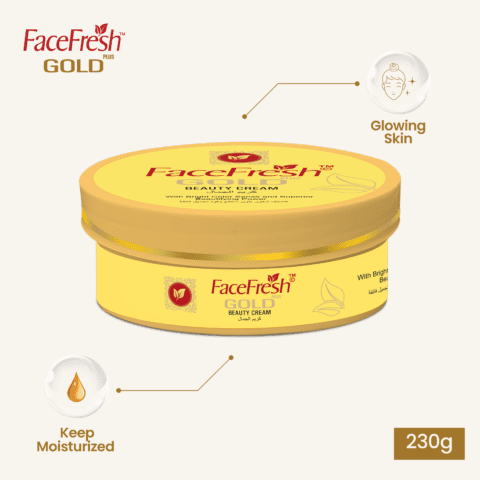
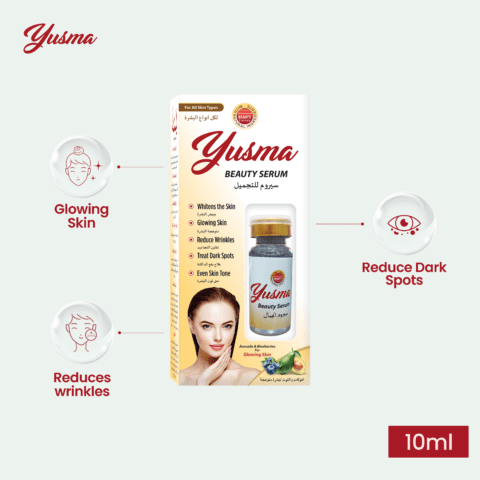
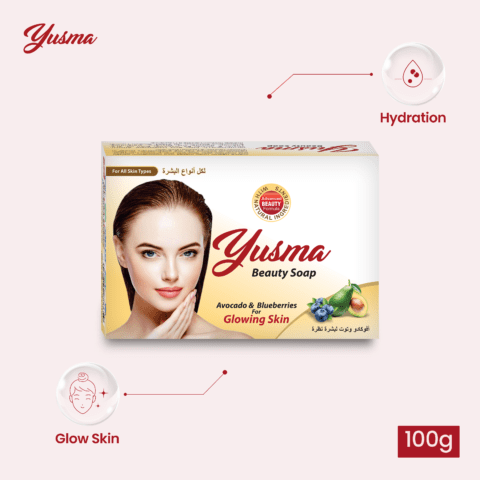

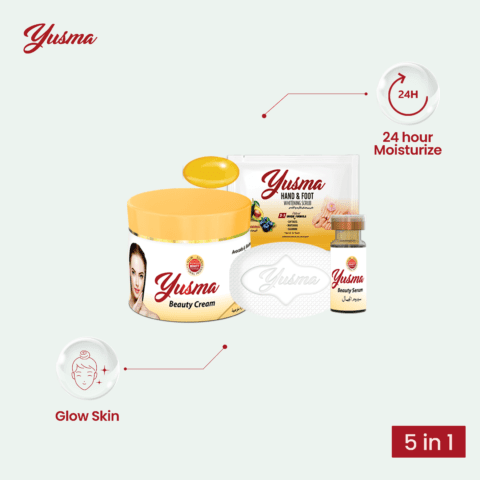
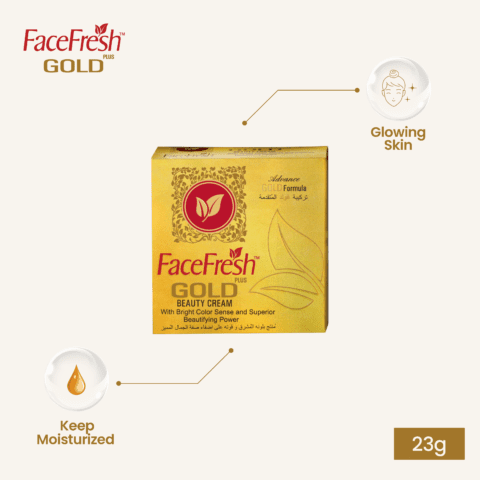
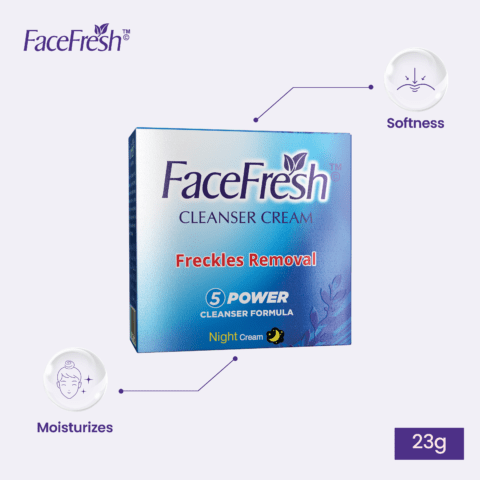
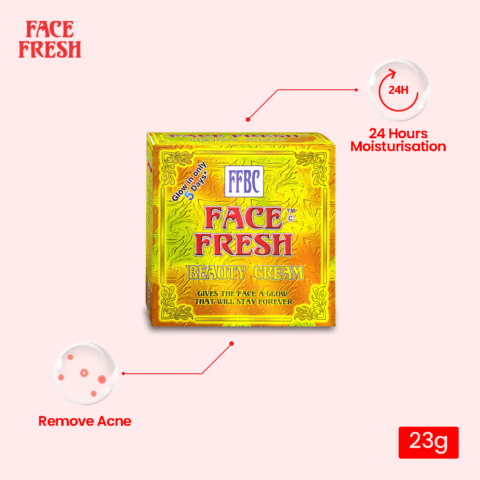
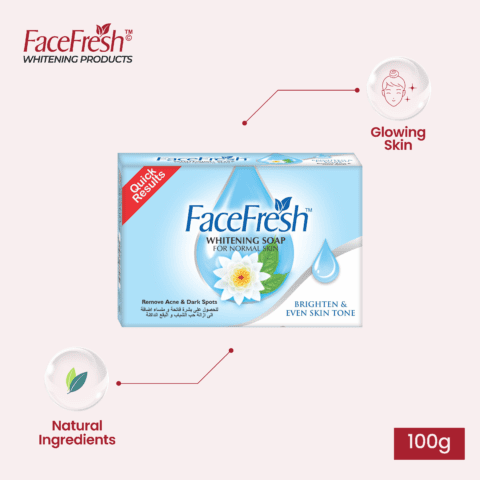
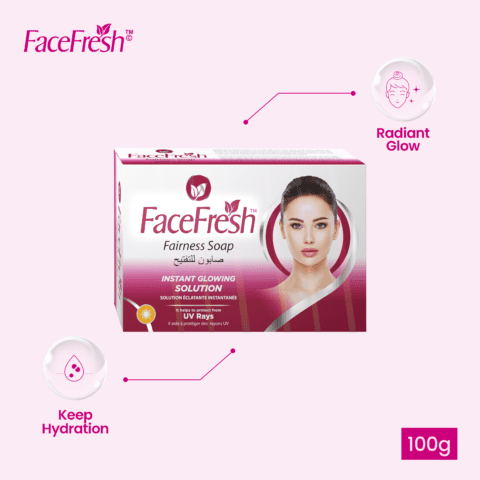

Leave a comment
Your email address will not be published. Required fields are marked *